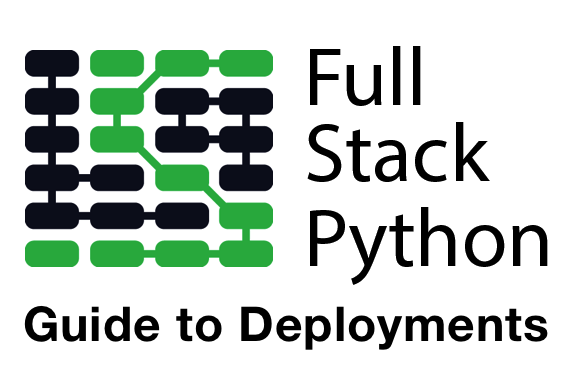Learning Programming
Learning to program is about understanding how to translate thoughts into source code that can be executed on computers to achieve one or more goals.
There are many steps in learning how to program, including
- setting up a development environment
- selecting a programming language, such as Python
- understanding the syntax and commands for the language
- writing code in the language, often using pre-existing code libraries and frameworks
- executing the program
- debugging errors and unexpected results
- deploying an application so it can run for intended users
How should I learn programming?
There are several schools of thought on how a person should start learning to program. One school of thought is that a lower-level programming language such as Assembly or C are the most appropriate languages to start with because they force new developers to write their own data structures, learn about pointers and generally work their way through the hard problems in computer science.
There's certainly wisdom in this "low-level first" philosophy because it forces a beginner to gain a strong foundation before moving on to higher level topics such as web and mobile application development. This philosophy is the one most commonly used in university computer science programs.
The atomic units of progress in the "low-level first" method of learning are
- aspects of programming language understood (type systems, syntax)
- number of data structures coded and able to be used (stacks, queues)
- algorithms in a developer's toolbelt (quicksort, binary search)
Another school of thought is that new developers should bootstrap themselves through working on projects in whatever programming language interests them enough to keep working through the frustrations that will undoubtably occur.
In this "project-based" line of thinking, the number of projects completed that expand a programmer's abilities are the units of progress. Extra value is placed on making the projects open source and working with experienced mentors to learn what he or she can improve on in their programs.
Should I learn Python first?
Python is good choice in the project-based approach because of the extensive availability of free and low cost introductory resources, many of which provide example projects to build upon.
Note that this question of whether or not Python is a good first language for an aspiring programmer is highly subjective and these approaches are not mutually exclusive. Python is also widely taught in universities to explain the fundamental concepts in computer science, which is in line with the "low-level first" philosophy than the projects-first method.
In a nutshell, whether Python is the right first programming language to learn is up to your own learning style and what feels right. If Ruby or Java seem like they are easier to learn than Python, go for those languages. Programming languages, and the ecosystems around them, are human-made constructs. Find one that appears to match your personal style and give it a try, knowing that whatever you choose you'll need to put in many long days and nights to really get comfortable as a software developer.
What do you want to learn about programming?

Searching for a complete, step-by-step deployment walkthrough? Learn more about The Full Stack Python Guide to Deployments book.
Email Updates
Learning Programming
Need more detailed tutorials than you see here? Learn more about The Full Stack Python Guide to Deployments book.

